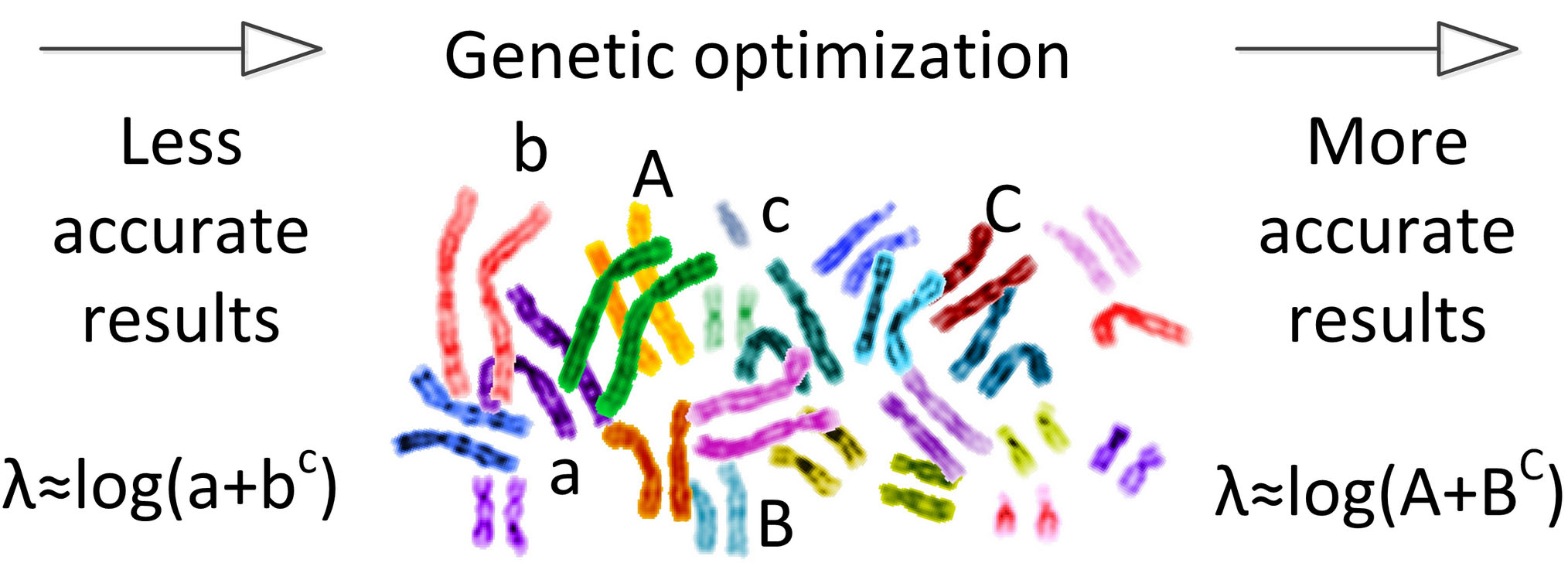Today, Colebrook’s equation is mostly accepted as an informal standard for modeling of turbulent flow in hydraulically smooth and rough pipes including transient zone in between. The empirical Colebrook’s equation relates the unknown flow friction factor (λ) with the known Reynolds number (R) and the known relative roughness of inner pipe surface (ε/D). It is implicit in unknown friction factor (λ). Implicit Colebrook’s equation cannot be rearranged to derive friction factor (λ) directly and therefore it can be solved only iteratively [λ=f(λ, R, ε/D)] or using its explicit approximations [λ≈f(R, ε/D)]. Of course, approximations carry in certain error compared with the iterative solution where the highest level of accuracy can be reached after enough number of iterations. The explicit approximations give a relatively good prediction of the friction factor (λ) and can reproduce accurately Colebrook’s equation and its Moody’s plot. Usually, more complex models of approximations are more accurate and vice versa. In this paper, numerical values of parameters in various existing approximations are changed (optimized) using genetic algorithms to reduce maximal relative error. After this improvement computational burden stays unchanged while accuracy of approximations increases in some of the cases very significantly.

